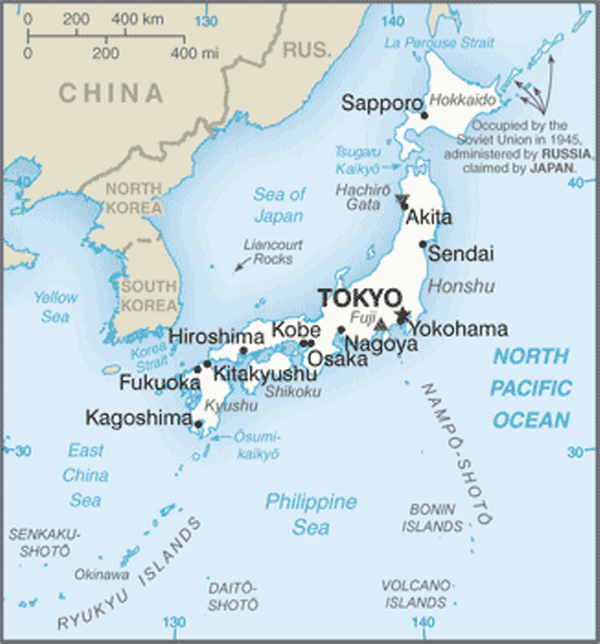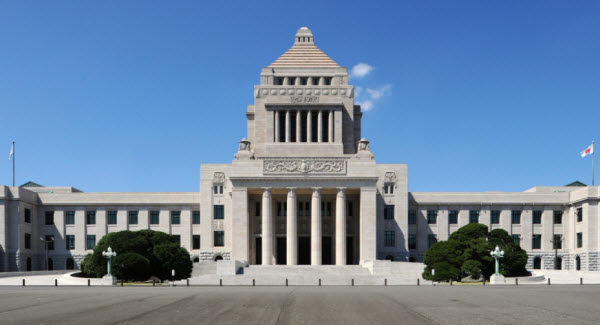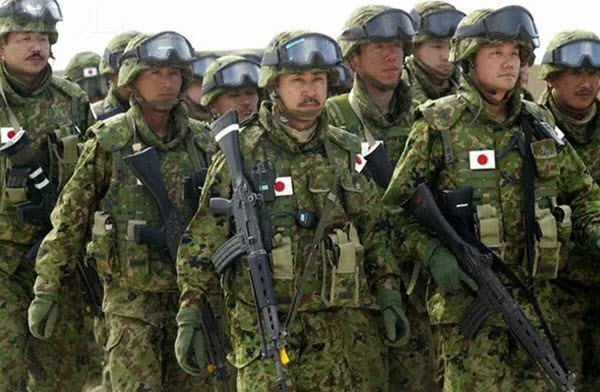Japan, officially known as Japan, is an island nation located in East Asia. It is known for its advanced technology, rich cultural heritage, and significant economic power. The country is characterized by its blend of traditional and modern influences, with a strong emphasis on innovation and cultural preservation.
Geography

- Location: East Asia, an island nation in the Pacific Ocean, east of the Korean Peninsula.
- Coordinates: Approximately 36.2048° N, 138.2529° E.
- Area: Approximately 377,975 square kilometers.
- Borders:
- Japan is an island nation and does not share land borders with other countries.
- Climate:
- Japan has a diverse climate ranging from humid continental in the north (Hokkaido) to humid subtropical in the south (Okinawa). The climate varies from cold winters to hot, humid summers.
- Terrain:
- Predominantly mountainous with significant areas of rugged terrain. Major mountain ranges include the Japanese Alps and the Chugoku Mountains.
- Elevation:
- The lowest point is Hachiro-gata (0 m), and the highest point is Mount Fuji (3,776 m).
- Natural Resources:
- Limited natural resources, but includes some mineral resources like coal and rare earth elements. Japan relies heavily on imports for energy and raw materials.
- Land Use:
- Arable land: approximately 12%, permanent crops: 1%, other: 87%.
- Population Distribution:
- High population density in urban areas, with major cities including Tokyo, Yokohama, Osaka, and Nagoya.
Population and Society

- Population: Approximately 125 million (estimate for 2024).
- Ethnic Groups:
- Predominantly Japanese, with small communities of foreign nationals including Koreans, Chinese, Brazilians, and others.
- Languages:
- The official language is Japanese.
- Religions:
- Shintoism and Buddhism are the major religions, with a significant number of people identifying as non-religious.
- Age Structure:
- Japan has one of the oldest populations in the world, with a high proportion of elderly people and a low birth rate.
- Population Growth Rate:
- Approximately -0.3% per year.
Country

- Country Name: Japan
- Common Name: Japan
- Origin of Name: The name “Japan” is derived from the Japanese word “Nihon” or “Nippon,” which means “origin of the sun.”
- Type of Government: Constitutional monarchy with a parliamentary government.
- Capital: Tokyo
- Origin of Capital Name: Tokyo means “Eastern Capital” in Japanese.
- Local Time: Japan Standard Time (JST) (UTC+9).
- Daylight Saving Time: Japan does not observe daylight saving time.
- Administrative Divisions: 47 prefectures.
- Dependent Areas: Includes territories such as the Ogasawara Islands.
- Independence: Japan has been an independent nation throughout its modern history, with significant historical periods of isolation and interaction with other countries.
- Citizenship Acquisition: By birth, descent, or naturalization.
- Legal System: Civil law system based on the Japanese Constitution and influenced by German and American law.
- Executive Branch: The Emperor is the ceremonial head of state, while the Prime Minister is the head of government.
- Legislative Branch: Bicameral National Diet consisting of the House of Representatives and the House of Councillors.
- Judicial Branch: The Supreme Court is the highest court in Japan.
- Political Parties: Includes major parties such as the Liberal Democratic Party (LDP) and the Constitutional Democratic Party (CDP).
- Flag Description: A white field with a red circle in the center representing the sun.
- Country Code: JPN
Economy
- GDP: Approximately 5 trillion USD.
- Agricultural and Animal Products: Rice, vegetables, seafood, and various fruits.
- Industries: Technology, automotive, electronics, robotics, and manufacturing.
- Budget: Japan has a significant public debt but remains one of the world’s largest economies.
- Exports: Motor vehicles, machinery, electronics, and chemicals.
- Imports: Petroleum, machinery, electronics, and foodstuffs.
- Foreign Reserves: Approximately 1.3 trillion USD.
- External Debt: Approximately 3 trillion USD.
- Local Currency: Japanese Yen (JPY).
Communications
- Fixed Lines: Approximately 35 million lines.
- Mobile Lines: Approximately 130 million lines.
- Country Code: +81
- Broadcast Media: NHK and numerous private broadcasters.
- Internet Code: .jp
- Internet Users: Approximately 120 million people.
Transport

- National Air Transport System: Extensive network with major international airports.
- Airports: More than 90 airports.
- Heliports: Numerous, mainly in urban and tourist areas.
- Pipelines: Limited network for oil and gas.
- Railways: Extensive network including high-speed trains (Shinkansen) and regional lines.
- Road Network: Includes expressways and major roads totaling approximately 1,200,000 kilometers.
- Ports: Major ports include Tokyo, Yokohama, Osaka, and Kobe.
Military

- Military Composition: Includes the Japan Self-Defense Forces (JSDF), which comprises the Ground Self-Defense Force, Maritime Self-Defense Force, and Air Self-Defense Force.
- Military Expenditures: Approximately 50 billion USD per year.
- Personnel in Military and Security Services: Approximately 250,000 active members.
- Military Equipment: Includes advanced fighter jets, naval vessels, and ground vehicles.
- Military Service Age: Japan does not have a mandatory military service; the JSDF is composed of voluntary personnel.
